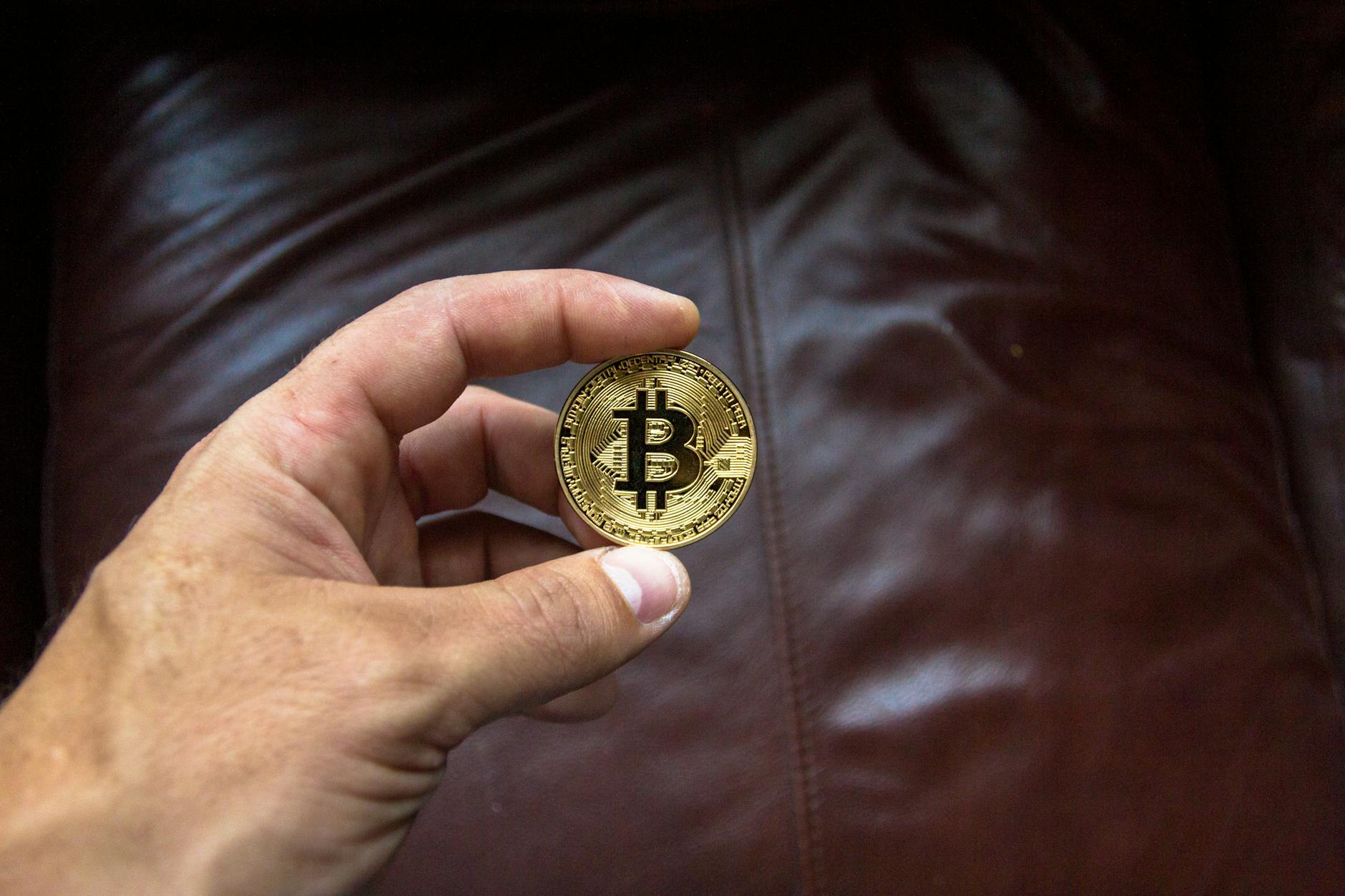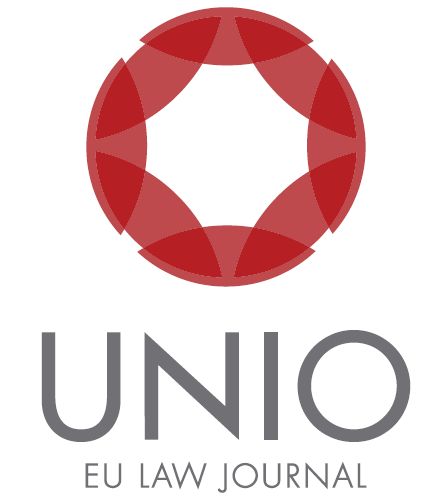Ana Filipa Machado Ribeiro (Student at the School of Law of the University of Minho | Winner of the 2023 UMinho Award for Undergraduate Research)
▪
Initial considerations
In an era where digital transformation is reshaping the financial landscape, the European Union (EU) has taken a pivotal step towards harmonising the burgeoning realm of crypto-assets with the introduction of the Markets in Crypto-Assets (MiCA) Regulation. As we delve into the intricacies of the MiCA Regulation, it is essential to understand its objectives, the classification of crypto assets it covers, and the broader implications for European citizens and the digital economy at large. The following discussion offers a comprehensive exploration of the MiCA Regulation, also considering criticisms of the legislative adoption practised by the Union, while seeking to ascertain what advantages (if any) it offers European citizens.
MiCA – Statement of reasons
The EU has presented a Proposal for a Regulation of the European Parliament and of the Council on Markets in Crypto-assets – MiCA Regulation. This legislative proposal is part of the Digital Finance Package, understood by the EU itself as a set of measures that include a new strategy on digital finance for the EU financial sector,[1] aimed at promoting and supporting the potential of digital finance in terms of innovation and competition, while simultaneously mitigating inherent risks. Thus, the EU is prioritising the preparation of Europe for the digital age and creating a future-ready economy, serving its citizens.
Continue reading “New digital manifestations of financial services and European integration: what benefits for the European citizen”







